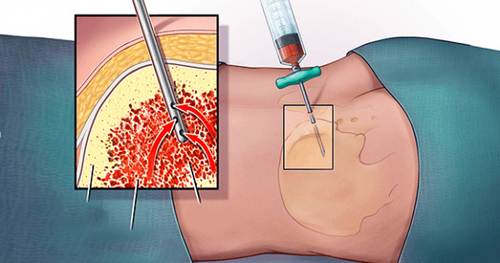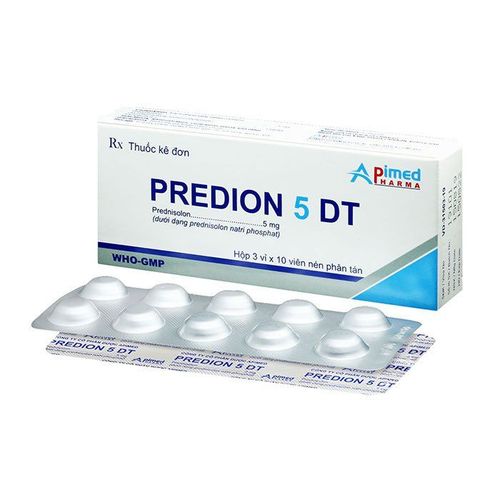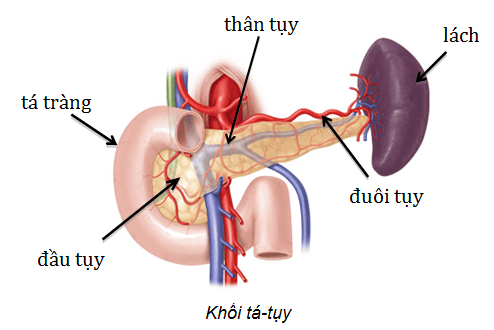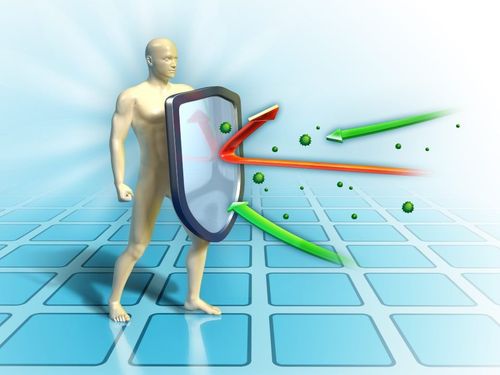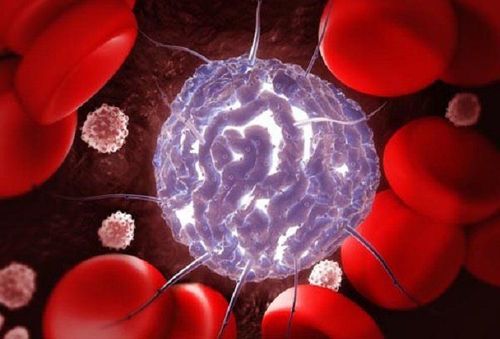This is an automatically translated article.
B and T lymphocytes play an important role in the body's immune system. These cells are made in the bone marrow and circulate in the blood and lymph tissues. These cells work together to protect the body against foreign organisms, such as bacteria, viruses, and cancer cells.1. Where do B lymphocytes mature?
B lymphocytes mature in the bone marrow and then migrate to the lymph nodes. B lymphocytes become plasma cells or memory cells when foreign antigens activate them. Most B lymphocytes become plasma cells to produce antibodies, only a few remain as memory cells.
Plasma cells make large proteins called immunoglobulins. These antibodies act as markers for foreign organisms entering the body and pull other antibodies in the blood stream to the marked site to destroy the infection-causing organism.
Trắc nghiệm: Thử hiểu biết của bạn về bệnh ung thư
Ung thư là nguyên nhân gây tử vong hàng thứ 2 trên thế giới. Thử sức cùng bài trắc nghiệm sau đây sẽ giúp bạn có thêm kiến thức về yếu tố nguy cơ cũng như cách phòng ngừa bệnh ung thư.
Bài dịch từ: webmd.com
2. B lymphocytes and differentiation process
Naive B-cells circulate in the blood and usually end up in the spleen or lymph nodes. It is activated by an antigen, which can be any substance foreign to the body, such as a virus fragment. B lymphocytes begin to transform into plasma B cells, which are responsible for mass production of antibodies (10,000 antibodies per second) that match the invading agent.Each plasma B lymphocyte produces antibodies to only one antigen. Millions of B lymphocytes in our body fight many different types of infections. During the life cycle of a B lymphocyte, it produces these antibodies.
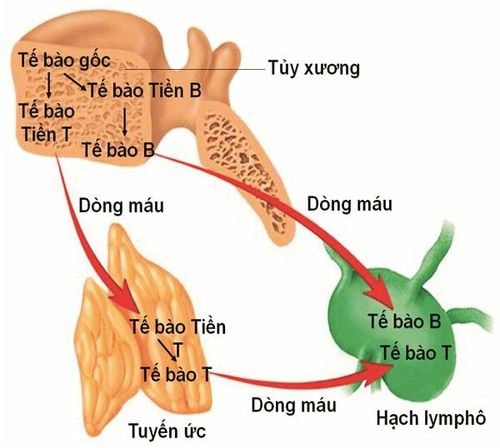
Some activated B lymphocytes become memory cells, with very long lifespans in the bone marrow, lymph nodes and spleen. These cells remember antigens previously encountered from foreign substances entering the body and are ready to respond quickly if encountered again. These are the cells that give the body long-term immunity to various pathogens.
When you are immunized, the vaccine contains antigens that stimulate B cells to make antibodies that then attack the virus or bacteria for which you were vaccinated. The basic principle of vaccination is to mimic what is happening in your body when you have an infection, but it is very safe and does not make you sick. Because B lymphocytes have long-term memories, they can make antibodies against those germs for months and years later.
3. Purpose of B . Lymphocyte Test
A B-lymphocyte test may be done if you have symptoms of a disease that weakens your immune system or your blood and bone marrow. Some common symptoms include:
Low white blood cell count; Thyroid problems; Liver failure; Swollen lymph nodes ; Unusual or recurrent infections.
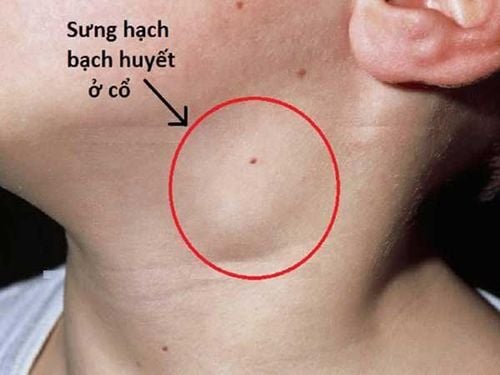
4. B lymphocyte test results
Your immune system is very complex and abnormal cell counts can indicate a wide range of disorders.
Common diseases and disorders associated with B-lymphocyte hyperplasia include:
Certain types of leukemia such as B-cell lymphoma; Tuberculosis (TB); Infectious mononucleosis, or mono, is a viral infection that affects the lymph glands; Multiple myeloma is a type of cancer that originates in the plasma and bone marrow; DiGeorge syndrome, which is a chromosomal disorder associated with heart defects and thyroid problems. Decreased levels of B lymphocytes are often associated with:
Congenital or genetic, immunodeficiency disorders; Certain cancers; Some cancers in the white blood cells; Acquired immunodeficiency, such as HIV or AIDS. If you have unusual symptoms, you should be examined and consulted with a specialist.
In summary, lymphocytes include 2 main types that play an important role in the body's immune system, namely B lymphocytes and T lymphocytes. B lymphocytes mature in the bone marrow, responsible for immunity. antibody-mediated translation. The cell-mediated response begins when the pathogen is detected by an antigen-presenting cell (macrophage). After the bacteria are broken down by enzymes in the lysosomes, the antigen fragments are bound to the MHC molecules on the surface of the macrophage.
Please dial HOTLINE for more information or register for an appointment HERE. Download MyVinmec app to make appointments faster and to manage your bookings easily.
References source: healthline.com, verywellhealth.com
MORE:
Mechanisms of the body's defenses of white blood cells Risk factors for chronic lymphocytic leukemia (CLL) Types of leukemia Frequent




